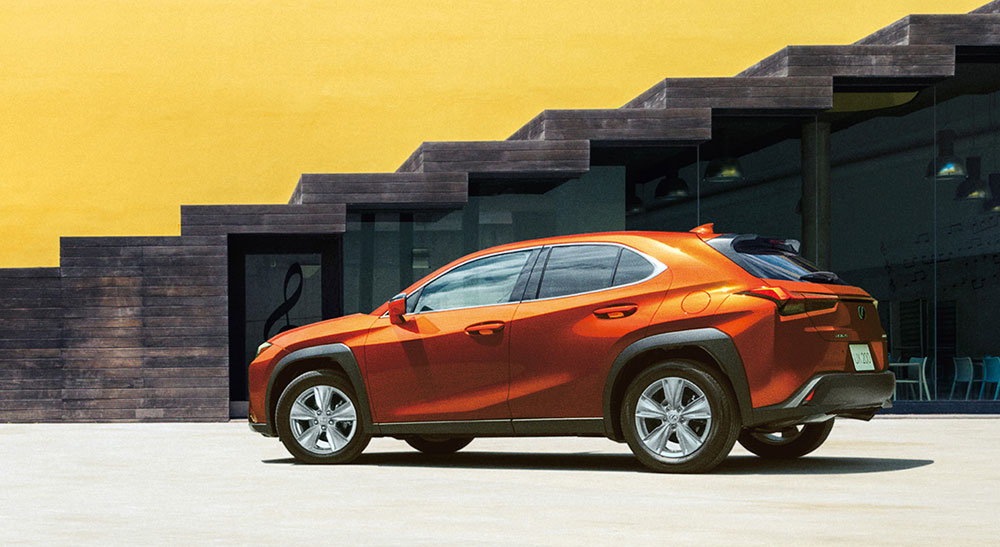Lexus has filed a UX 300e trademark with the European Intellectual Property Office, suggesting the brand’s newest crossover may be first to debut a new electric powertrain.
Since the introduction of the first Lexus hybrid, a lowercase ‘h’ has been added to the nameplate to indicate a gas-electric powertrain. As an example, the ES 300h is a 2.5L engine mated with an electric motor. With the lowercase ‘e’ in this new trademark, it looks like Lexus will reuse the naming convention with a new electric powertrain. The first thought is a battery-electric vehicle (BEV), but the inclusion of ‘300’ muddies the waters.
No other BEV manufacturer outside of Tesla uses numbers to indicate power or performance. Instead, it is common practice to affix the letter ‘e’ to the plug-in hybrid version of existing models (e.g. Mercedes C350e, BMW 330e).
An earlier report from Chunichi Shimbun in Japan suggested that production of the UX-EV will start in 2020, with an initial run of 15,000 units built at the Toyota Motor Kyushu factory.
Chunichi Shimbun also claimed that first-year sales will be limited to Japan, China, and Europe — all regions where competitors are making a concentrated push with electric vehicles and market share is most important.
[Source: Autoguide]


Comments